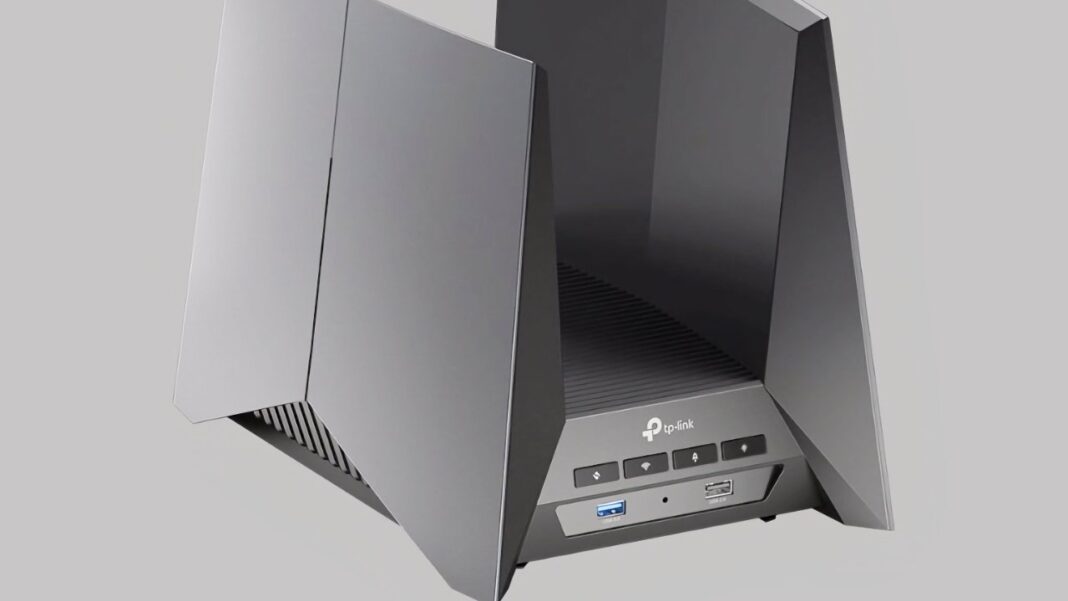The Chinese-made TP-Link Router Facing Potential Ban in the US
The Chinese-made TP-Link router, a household name used by Amazon, numerous ISPs, and holding a significant market share in the US, is now under the government’s radar for a potential ban. Reports suggest that the Commerce Department, under President Biden, has initiated investigations that might lead to a ban on TP-Link by 2025, reminiscent of the Trump administration’s actions against Huawei in 2019.
The Rise of TP-Link and the Current Investigations
TP-Link gained prominence in the US during the pandemic, swiftly capturing a 65% market share by December 2024, with over 300 ISPs offering TP-Link routers as their default choice. This widespread adoption extends to federal agencies like NASA, the Defense Department, and the DEA. However, concerns surrounding security vulnerabilities have prompted the US Commerce, Defense, and Justice Departments to launch probes into TP-Link.
Security Concerns and Allegations
While TP-Link routers are not directly linked to specific cyber attacks, the investigation focuses on potential vulnerabilities that the routers may possess. Additionally, there are concerns about the pricing strategy of TP-Link, with suspicions that the routers are priced below market value to gain entry into US firms. Allegations also suggest that TP-Link routers may have been used in cyber attacks on government institutions, prompting further scrutiny from the Justice Department.
TP-Link’s Response and Potential Implications
In response to the investigations, TP-Link denies any wrongdoing and expresses willingness to cooperate with authorities. The company emphasizes its commitment to upholding industry security standards and addressing national security risks. However, if a ban is imposed, it could lead to an escalation of security issues, as replacing every domestic TP-Link router may prove challenging. The ban could also benefit US firms like Netgear but may contribute to ongoing trade tensions between the US and China.
Conclusion
The investigations into TP-Link highlight the growing concerns around cybersecurity and national security risks associated with foreign-made technology. The outcome of these probes could have far-reaching implications for both consumers and the tech industry as a whole, shaping future policies and regulations.
Frequently Asked Questions
1. What prompted the investigations into TP-Link routers?
The investigations were initiated due to concerns over security vulnerabilities and potential national security risks associated with TP-Link routers.
2. How has TP-Link’s market share evolved in the US?
TP-Link saw a significant increase in market share, reaching 65% by December 2024, with over 300 ISPs offering their routers.
3. What are the allegations against TP-Link regarding pricing?
There are suspicions that TP-Link routers are priced artificially low to gain market entry, potentially violating federal laws on pricing practices.
4. How is TP-Link responding to the investigations?
TP-Link denies the allegations and expresses willingness to cooperate with authorities to demonstrate their commitment to security standards.
5. What could be the implications of a potential ban on TP-Link routers?
A ban could lead to security challenges, potential benefits for US firms like Netgear, and contribute to US/China trade tensions.
6. Are TP-Link routers directly linked to any cyber attacks?
While not directly linked, concerns about vulnerabilities in TP-Link routers have raised suspicions of potential misuse in cyber attacks.
7. Which federal agencies reportedly use TP-Link routers?
Federal agencies like NASA, the Defense Department, and the DEA are among the institutions reportedly using TP-Link routers.
8. How would a ban on TP-Link routers impact consumers?
Replacing every domestic TP-Link router could be challenging, potentially leading to security concerns and software update issues.
9. What parallels can be drawn between TP-Link and other banned technologies?
The investigations into TP-Link bear similarities to past bans on technologies like Huawei and Kaspersky, reflecting ongoing national security concerns.
10. How has the tech industry responded to the investigations into TP-Link?
The probes into TP-Link highlight the broader challenges around cybersecurity and national security in the tech industry, prompting discussions on regulation and oversight.
Tags: TP-Link, routers, cybersecurity, national security, investigations, ban, US market.

